ART/CULTURE
Andrew Tarlow Interview
It’s been more than 15 years since Andrew Tarlow opened his first restaurant in Brooklyn. Since then, he’s created an accidental empire that includes restaurants, a butcher, a bar and a bakery. Now, he’s expanding into apparel and daily commodities. Periscope sat down with Andrew to talk about his methods, and how they translate across multiple businesses. (This story was originally published in Periscope iPad edition vol. 1. For the full, interactive story with a full length video, go to .)
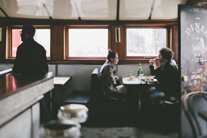
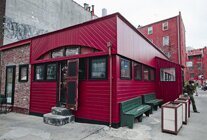
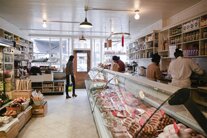
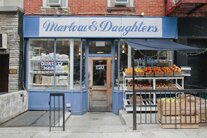
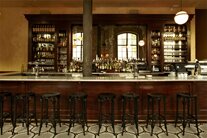
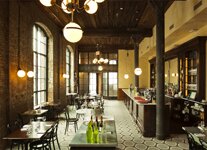
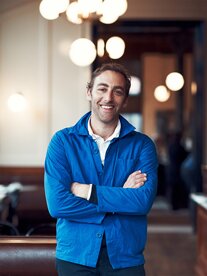
RSS Feed